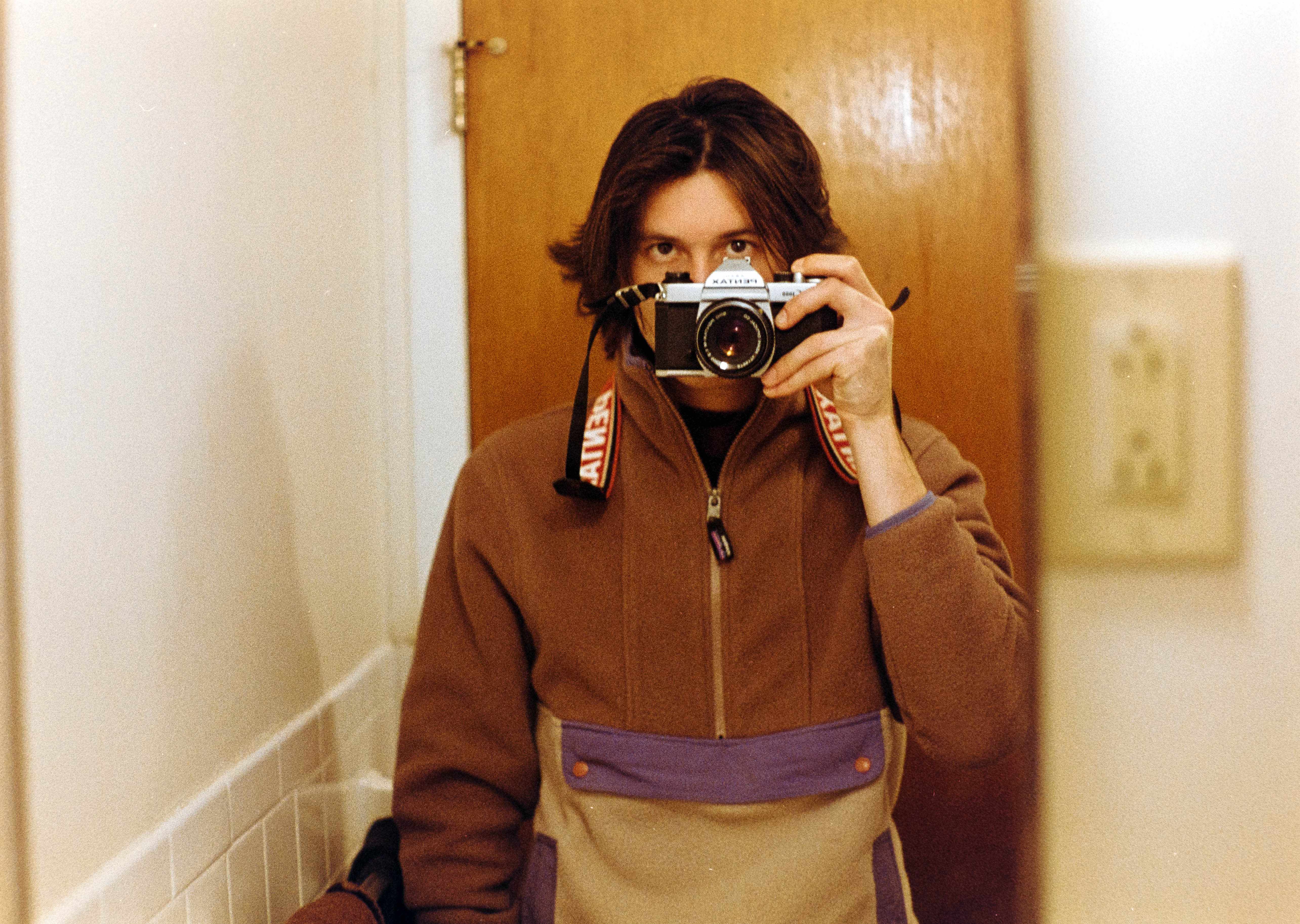

I read all of almost all of David Graeber’s books, The Conquest of Bread and Mutual Aid by Pyotr Kropotkin, and Anarchism Works and The Solutions are Already Here by Peter Gelderloos.
But when I got to Anarchism and Other Essays by Emma Goldman, it really moved me in a different way. Totally worth checking out.
(It also led me to read Civil Disobedience by Thoreau and Self-Reliance by Emerson – both worth reading before Goldman because she references them a few times)









Yeah. In middle school I was gonna be an NBA player 😂